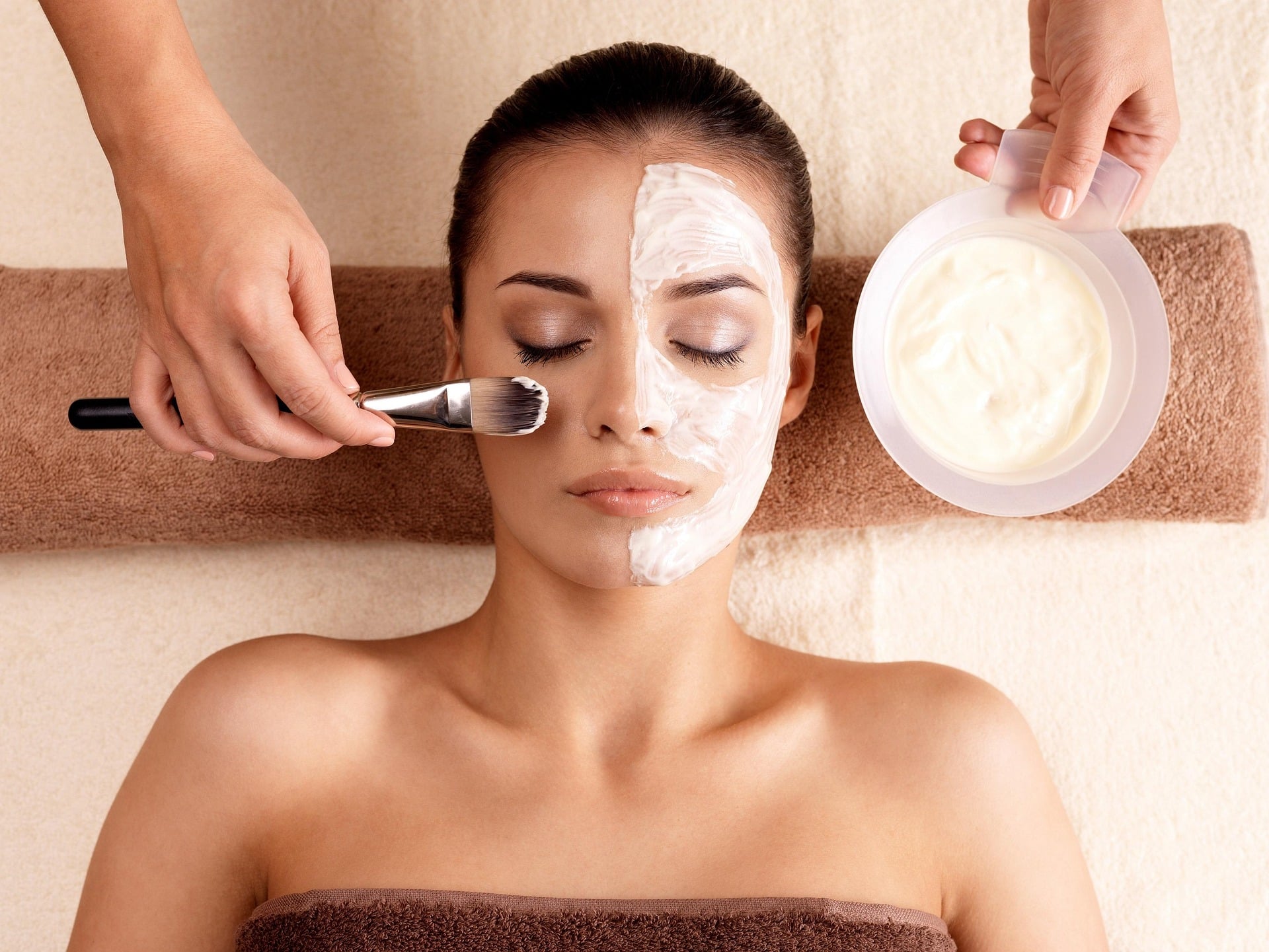Extra virgin olive oil (EVOO) has long been celebrated for its culinary uses, but its benefits extend far beyond the kitchen. When it comes to skincare, EVOO stands out as a natural ingredient packed with properties that nourish, protect, and rejuvenate the skin. However, not all olive oils are created equal, and understanding why high-quality extra virgin olive oil is essential can help you make the best choice for your skin health.
Chemical Properties That Benefit the Skin
The unique health benefits of EVOO for the skin are largely due to its rich chemical composition:
- High Content of Monounsaturated Fats: EVOO is primarily composed of oleic acid, a monounsaturated fatty acid that helps maintain skin elasticity and moisture by strengthening the skin barrier.
- Powerful Antioxidants: EVOO contains polyphenols such as hydroxytyrosol, oleuropein, and tyrosol. These antioxidants combat free radicals, which are unstable molecules that contribute to premature skin aging and damage.
- Vitamin E: A natural antioxidant, vitamin E supports skin repair and hydration, helping to reduce inflammation and protect against UV radiation.
- Squalene: This natural lipid in EVOO enhances skin hydration and provides a protective barrier, making the skin more resilient to environmental stressors.
- Anti-Inflammatory Compounds: The phenolic compounds in EVOO have anti-inflammatory effects that can soothe irritated skin and reduce redness.
Why Quality Matters: The Importance of Genuine Extra Virgin Olive Oil
Not all olive oils labeled as “extra virgin” meet the strict standards required to deliver these benefits. High-quality EVOO is obtained from the first cold pressing of olives without the use of heat or chemicals, preserving its delicate nutrients and antioxidants.
Here’s why choosing high-quality EVOO is crucial:
- Preservation of Nutrients: Heat and chemical processing degrade polyphenols and vitamins. Lower quality oils often lack the antioxidant potency necessary for skin benefits.
- Purity and Authenticity: Some commercial olive oils are blends or adulterated with cheaper oils, reducing their effectiveness and potentially causing skin reactions.
- Freshness: EVOO is best when fresh. Over time, exposure to light, heat, and air can oxidize the oil, diminishing its beneficial properties.
- Acidity Levels: True EVOO has a low free acidity level (below 0.8%), which is an indicator of oil quality and freshness. Higher acidity can indicate poor processing or storage.
How to Use Extra Virgin Olive Oil for Skin Care
Incorporating EVOO into your skincare routine can be simple and effective:
- Moisturizer: Apply a small amount to dry areas to lock in moisture and restore softness.
- Makeup Remover: EVOO gently dissolves makeup while nourishing the skin.
- Face Mask Ingredient: Mix with honey or yogurt for a hydrating mask.
- Anti-Aging Treatment: Regular use can help reduce fine lines and improve skin texture.
However, it is essential to use olive oil cautiously. Applying it to the skin before sun exposure can increase the risk of sun damage by making the skin more sensitive to UV rays. People with oily or acne-prone skin should be especially careful, as olive oil may clog pores and aggravate breakouts. Always perform a patch test before using olive oil extensively and avoid direct sun exposure after application.
Conclusion
Extra virgin olive oil offers a host of skin benefits thanks to its rich composition of monounsaturated fats, antioxidants, vitamins, and anti-inflammatory compounds. However, to truly reap these benefits, it is essential to choose high-quality, authentic EVOO. By selecting fresh, cold-pressed extra virgin olive oil with low acidity, you ensure that your skin receives the maximum nutrients and protection nature has to offer. Incorporating quality EVOO into your skincare regimen can lead to healthier, more radiant skin naturally.

